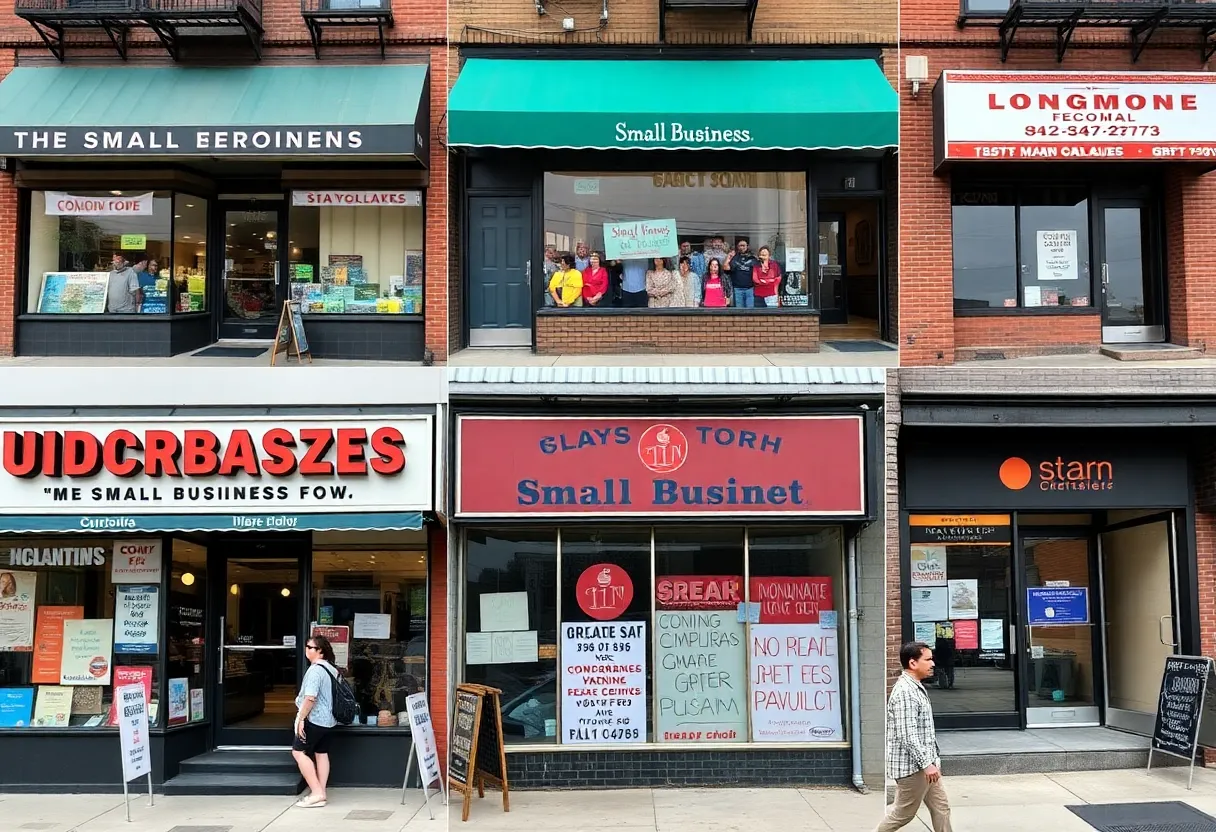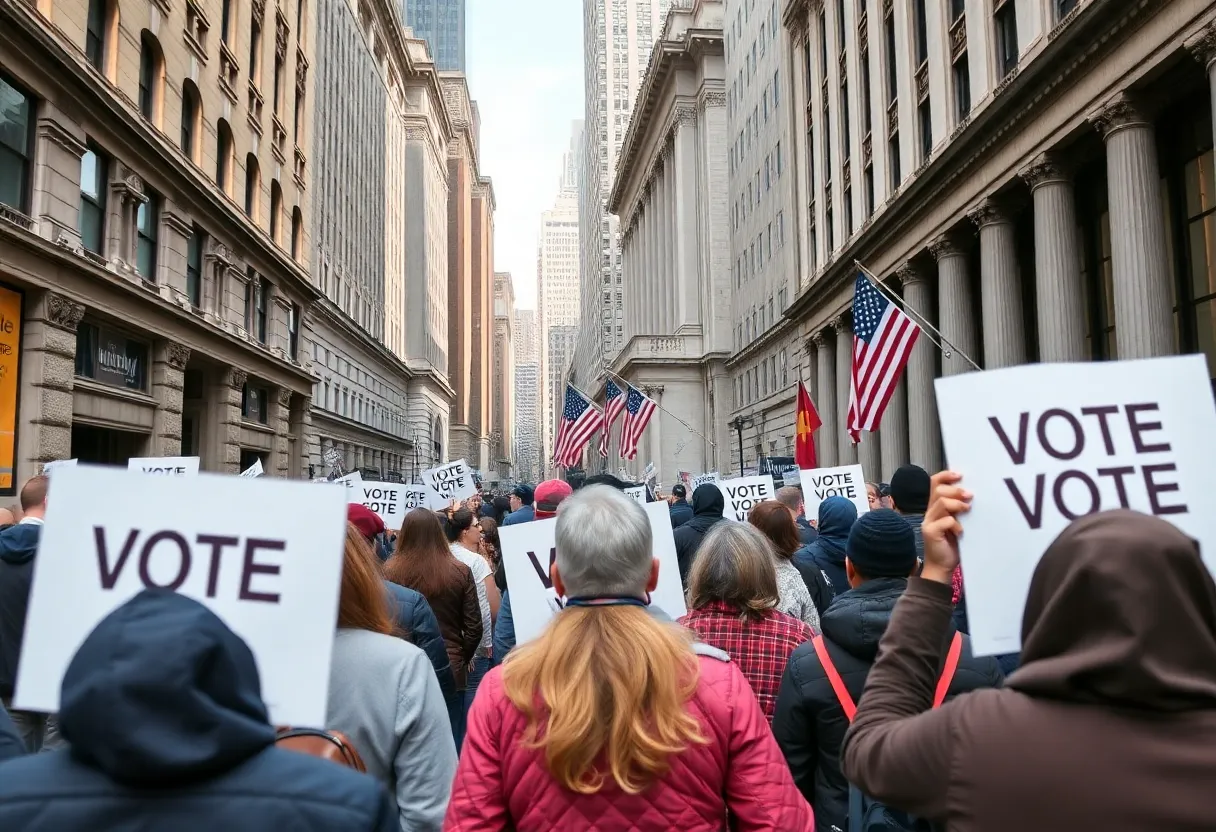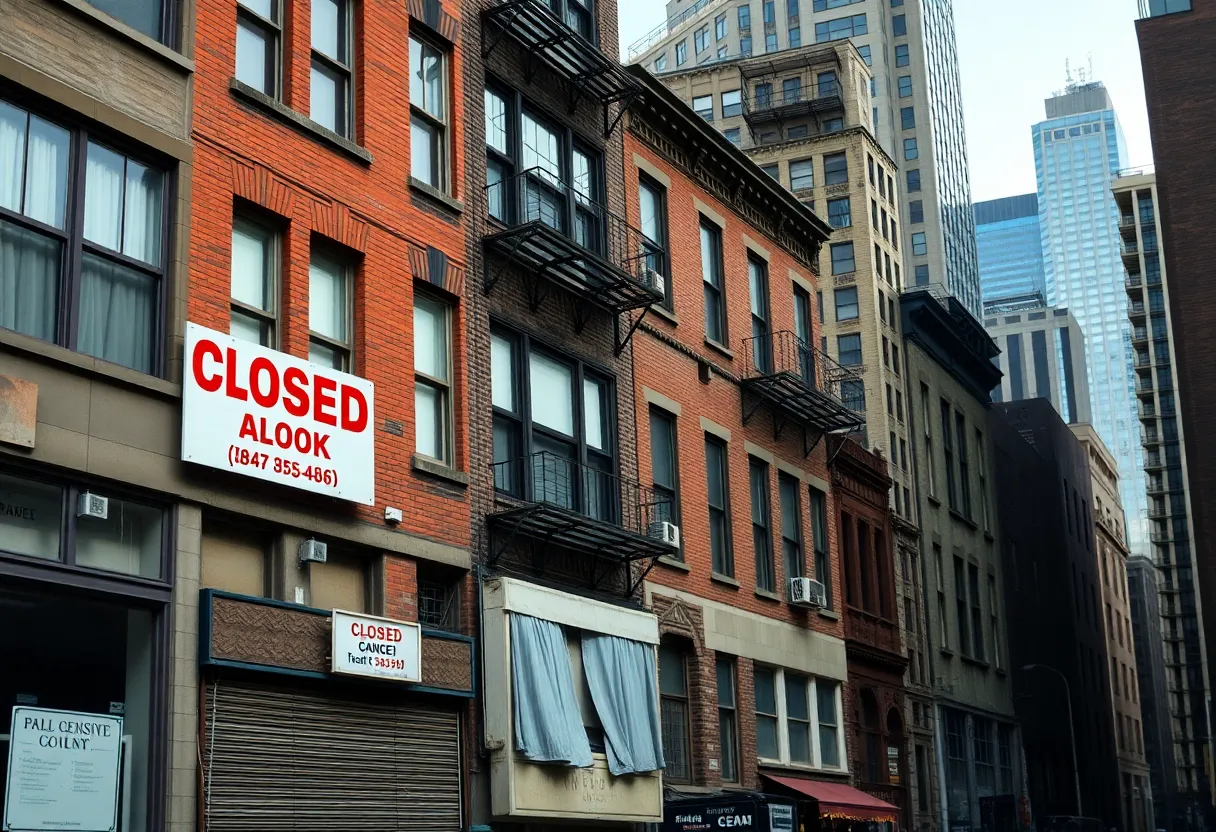News Summary
A recent NFIB survey reveals pressing economic concerns among New York small business owners as elections approach. Rising health care costs, inventory expenses, and economic uncertainty are top challenges affecting sustainability. Access to credit remains vital for growth, with SBA loans facilitating potential recovery. The survey calls for urgent attention to create a favorable business environment, ensuring resilience within the state’s economy.
New York small business owners have voiced pressing economic concerns in a recent survey conducted by the National Federation of Independent Business (NFIB) as the November elections approach. Thousands participated in the survey, revealing significant challenges that could impact the future viability of their operations across the state.
Among the top issues highlighted by small business owners are rising health care costs, which have remained a primary concern since 1986. The cost of supplies and inventory has surged to the second most critical issue, a considerable jump from its previous ranking of 18th as recently as 2020. Economic uncertainty has also emerged as a heightened concern, outpacing previous years. Other major challenges include state and federal taxes on business income, unreasonable government regulations, and, notably, the high costs associated with energy sources like natural gas and gasoline. Interest rates, once a minor concern, have escalated to the 12th position in terms of impact on businesses.
Jeff Flaherty, who has operated Wise Home Energy in Rochester for 14 years and employs around two dozen workers, has emphasized the overlooked struggles faced by small business operators in New York. He notes that rising operational costs significantly affect employee well-being and the sustainability of their businesses. Small businesses are represented as a crucial component of New York’s economy, accounting for approximately half of it, as highlighted by Ashley Ranslow, the New York Director of NFIB.
The NFIB’s Problems and Priorities Report is a comprehensive survey conducted every four years, documenting the pressing issues that small businesses contend with nationally. This report sheds light on the evolving landscape of challenges that entrepreneurs face, reflecting changing economic conditions and priorities over time.
Access to credit remains a vital requirement for small businesses aiming for growth and sustainability, particularly against the backdrop of the current interest rate climate. The U.S. Small Business Administration (SBA) plays a pivotal role, having approved over 76,000 loans amounting to more than $37 billion in the recent fiscal year. As one of the leading SBA lenders, TD Bank facilitated over 4,000 loans worth over $660 million. These loans are characterized by their flexibility and affordability, further distinguishing them from traditional financing options often encountered by small business owners.
Common usages for SBA loans include business acquisitions, franchise startups, real estate purchases, and the refinancing of existing debts. The lending process has become more user-friendly, especially following experiences from the Paycheck Protection Program during the pandemic. Many businesses are now seeking grants and federal assistance programs to enhance their funding options. The effort to improve the lending speed of the SBA further bolsters these opportunities for potential borrowers.
A recent poll recognizing New York’s most popular small businesses revealed Brooklyn’s Greenlight Bookstore as the top contender. Established in 2009, the bookstore is celebrated for its curated book selection and knowledgeable staff. Its ongoing community engagement activities, including events with authors and the introduction of a Young Reader Reviewer Program aimed at fostering youth involvement in literature, reflect its standing in the community.
In conclusion, small business owners in New York are facing numerous economic challenges, especially as the election approaches. The findings from the NFIB survey call for urgent attention to affordability, accessibility to credit, and a favorable business environment, aiming for sustainable growth and resilience within the state’s economy.
Deeper Dive: News & Info About This Topic
- TD Bank: SBA Loans – The Smart Path to Small Business Credit
- U.S. Chamber of Commerce: Small Business Grants and Programs
- Brooklyn Paper: Greenlight Bookstore – Most Popular Small Biz
- Google Search: Small Business Financing
- Encyclopedia Britannica: Small Business








